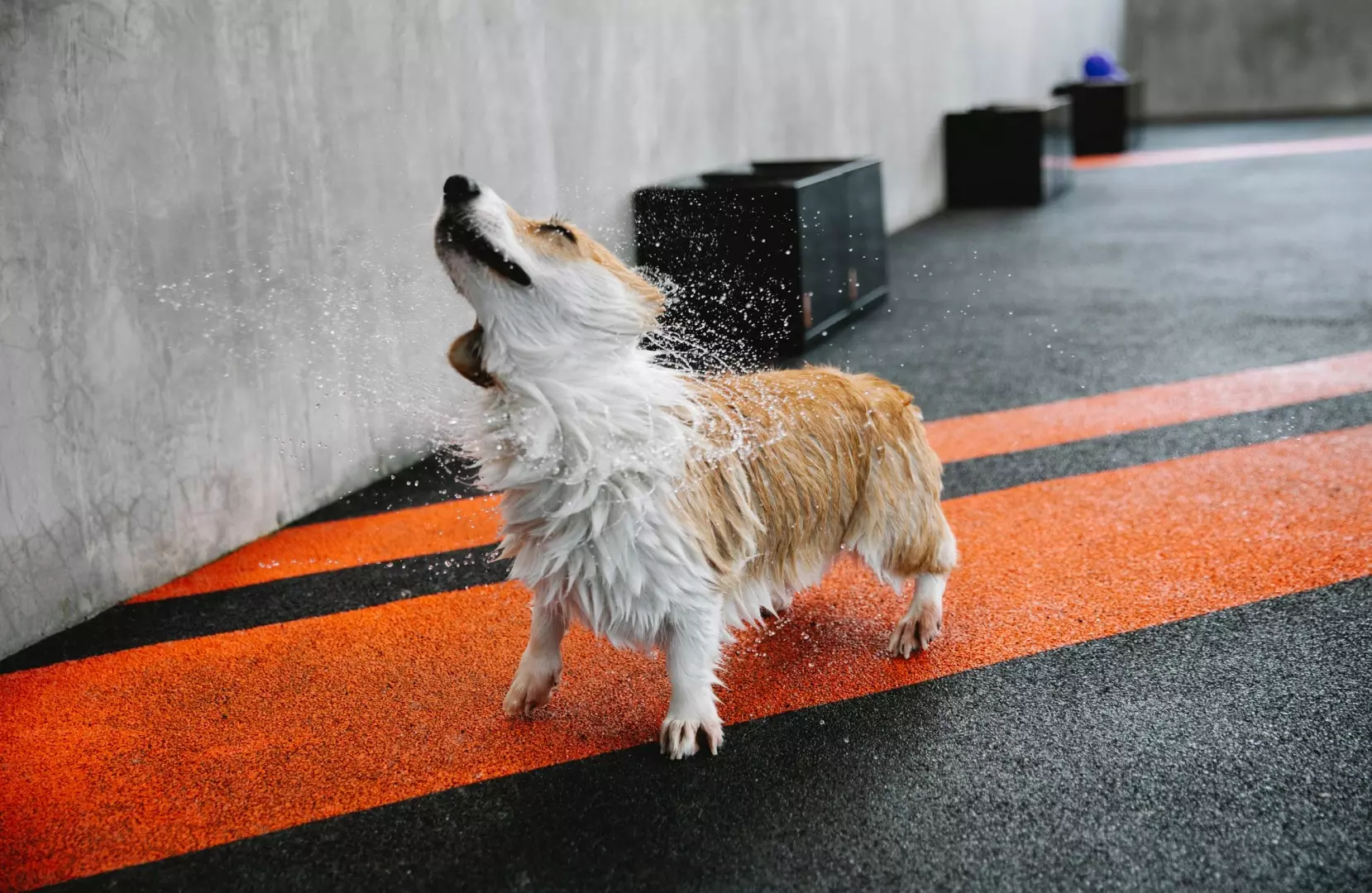Comments
- No comments found

Dogs mature more quickly than we do early on.
As a dog grows older, it may develop different health problems affecting its lifespan. Fortunately, there are many things owners can do to help their senior dogs live a longer and healthier life. Here are four ways to extend your senior dog's lifespan with some simple changes:
Every day, your dog's body is aging. As it gets older, its organs do not work to filter out toxins and remove waste from the bloodstream. Therefore, giving your senior dog a daily detox can help improve its health and lifespan by ridding the body of harmful chemicals that cause organ damage.
Your dog's diet can have a big impact on its lifespan. Dogs that eat nutritious, low-calorie diets and holistic pet food tend to live longer than those that eat processed foods. Ensure you are feeding your dog the right food for its age and health condition. As your dog ages, they often lose their sense of smell and taste. This can make them less interested in their food and lead to weight loss.
You may also want to consider adding supplements to your dog's diet, such as fish oil or probiotics. These supplements can help improve your dog's overall health and extend its lifespan. In addition to a healthy diet and supplements, managing your dog's stress levels is crucial for their well-being. To help alleviate stress in your aging dog, calming treats such as those seen at xenpets.com can be a valuable addition to their daily routine. These treats are specifically formulated with ingredients that have soothing properties, helping to reduce anxiety and promote a sense of calm in your senior dog. By incorporating them into their diet, you can create a more serene environment for your furry companion and contribute to their overall well-being and happiness.

Just like humans, dogs need regular exercise to stay healthy. Make sure you give your senior dog plenty of opportunities to move around and stay active throughout the day. If possible, take it for short walks or engage in other physical activities that will help keep its joints moving so it can lead a long life without pain or injury.
Senior dogs are more susceptible to developing arthritis and other joint problems. If your senior dog is already suffering from some chronic pain, you may want to consider giving it one or two supplements designed for pets with arthritis. These supplements can help reduce inflammation in the joints and support healthy bone growth while increasing mobility.
Dogs need mental stimulation just as much as they need physical exercise. Puzzle toys and games are a great way to keep your dog's mind active and healthy. These toys can help prevent cognitive decline, which is common in older dogs.
Make sure you rotate the type of puzzles and games you give your dog, so it doesn't get bored with them. Some ideas include hiding food around the house, using puzzle toys to feed your dog its regular meals, or giving it treats that are made specifically for mental stimulation, such as peanut butter stuffed kongs.
As dogs get older, they may struggle to walk long distances and climb stairs. If you're concerned about your senior dog's mobility, consider getting it a pet stair climber or ramp. These devices can help your dog get around easier and extend its lifespan by preventing joint pain and other mobility-related problems.
Senior dogs have weakened immune systems and are more susceptible to diseases and infections. To help keep your dog healthy, consider giving it an oral probiotic with its meals. These supplements can help improve digestion and boost the immune system to prevent infection.
Dogs sleep an average of 12 to 14 hours per day, but senior dogs may start to experience changes in their sleep patterns as they age. Some older dogs may become restless at night and have trouble sleeping through the night. If you notice that your dog is having trouble sleeping, consult your veterinarian for advice on how to help it get a good night's sleep.
Older dogs are also more prone to developing cognitive problems, which can cause them to bark or whine in their sleep. If you notice that your dog is making strange noises while sleeping, it may be a sign of a larger health problem.
Senior dogs are adorable, but they come with their own set of unique needs when it comes to care and nutrition. By following these five tips, you can help your senior dog live a long, healthy life full of happiness and fun.
Leave your comments
Post comment as a guest